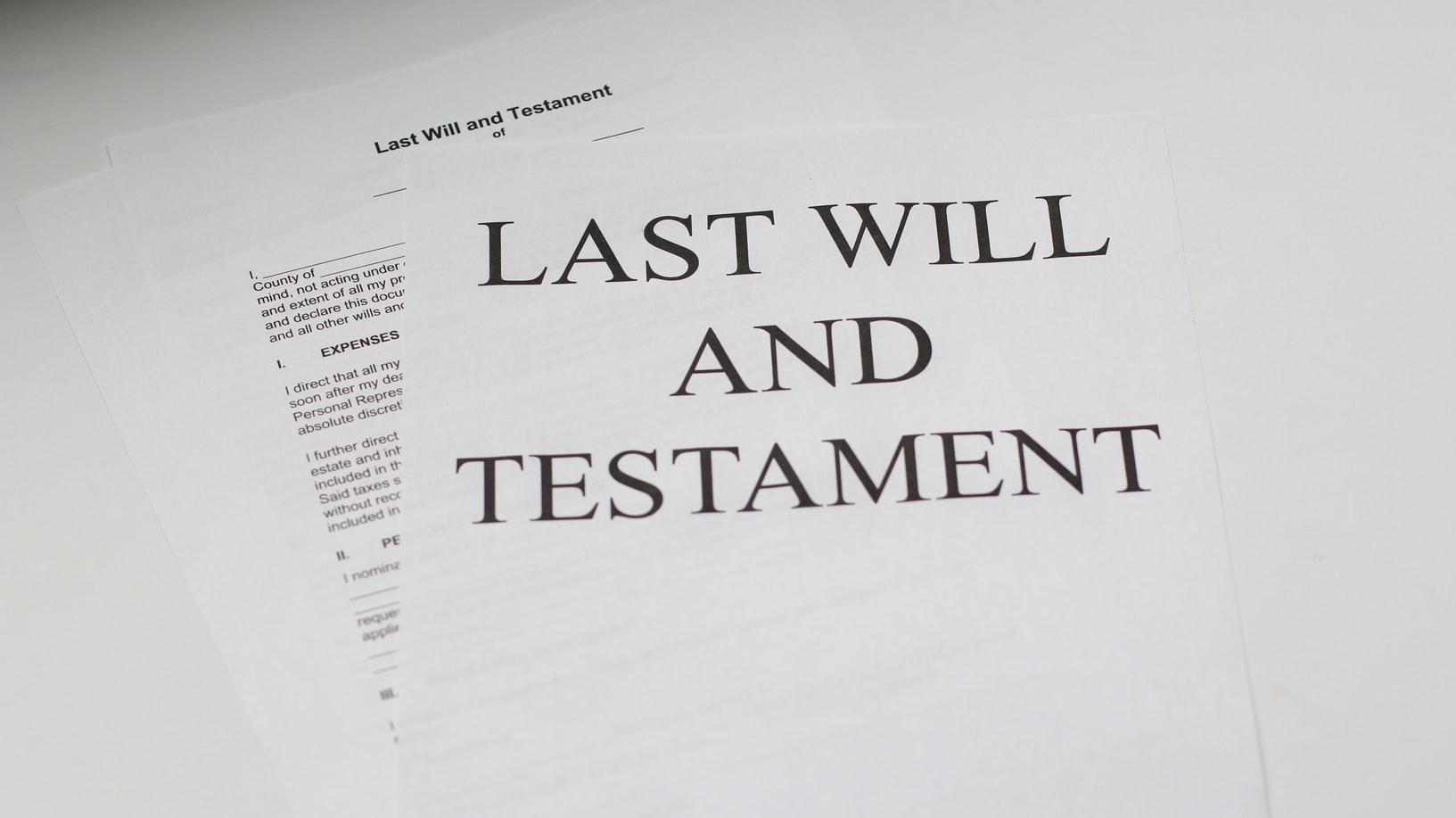A will is to ensure that the individual’s property, or any other asset, is given to the preferred family members when property distribution occurs. Intestate succession and testamentary succession are the two options for passing on property in the event of the owner’s death.
Execution succession is the distribution of property based on the terms of the will. In contrast, intestate succession assumes that all assets are passed on to the individual’s spouse, children, or any other family members. To know more about wills and estates, read on https://moloneyandpartners.com.au/wills-estates-lawyers-adelaide/
What Constitutes the Validity of a Will?
Three things are generally required for a will to be valid:
- The will should be in a written format (printed/handwritten/typed)
- Two witnesses’ signatures
- Your (the will drafter’s) Signature is mandatory
However, even if you meet all three of these conditions, your assets cannot be immediately distributed. First, a court must grant probate in some cases. For your executor to manage your estate in accordance with your will, you need a legal document known as a grant of probate.
Who Can You Leave Your Money To?
If you want to leave your assets to anyone, you can, but you have a general obligation to provide for your spouse or de facto partner, your children, and any other dependents. Without this, they may be able to sue for family provision from your estate.
You Get to Decide Who Gets Your Money and Property and Who Does Not
People are familiar with the fact that a will allows them to designate who will receive their assets. As the testator, you can designate specific individuals as beneficiaries of your assets.
The “residuary” of your estate can also be designated as a beneficiary of your choice. The executor of your ‘will’ will be responsible for distributing these assets when you die.
To ensure that some people don’t receive anything, you can use a will.
Keeping an ex-spouse from inheriting your property, for example, might be a good idea. As a parent, if one of your children received your financial assistance through school, you may want to ensure that the other child receives the same support.
Leave Instructions for How to Use Your Digital Resources
Digital assets include online accounts such as Facebook and email and digital files and property (photos, videos, domain names, etc.). In your will, you can designate a digital executor to administer these assets after your death. Furthermore, you can decide how your accounts should be managed (e.g., if you want an account to be closed).
Do Nominators and Beneficiaries Have Different Roles?
In writing a will, it is important to use the correct terminology. Experienced legal counsel like Moloney & Partners is highly recommended when drafting a will. The tiniest of mistakes can lead to a massive problem later on.
An account trustee is a nominee. A beneficiary is a person to whom your will entrusts the assets or legal heirs to whom your estate is to be distributed according to succession law. The will supersedes both legal heirs and nomination if it is signed and executed.
In any estate, there will always be some residue. One of the reasons for this is that nobody knows how much money they’ll have when they die, so making a will isn’t an exact science.
As a result, most will-makers prefer to leave the remainder of their wills and estates to their beneficiaries in the form of a percentage. That way, regardless of the size of the estate, everyone they want to benefit will get something.
What Is the Best Option for A Property Owner Who Wants to Leave a Legacy? Gift Or Will?
This is a difficult question to answer because the circumstances of each individual are unique. Prior to making a final decision, one should think about a few things. If all you want is for your assets to go to the people, you specify after your death, but you still want to be able to use and benefit from them while you’re alive, making a will is a good idea.
A will is also a good idea if you want to make sure that your assets are passed on smoothly in the event of your death and if you want to leave your assets to your designated beneficiaries.
However, if you want to help someone right away, the only way to do so is to make a gift to them. Transferring property by gift should only be done in exceptional circumstances where it is deemed necessary. It’s possible that you’ll be in a tough spot financially in your later years if you leave all of your assets to your legal heirs.
Final Thoughts
Having a will is a good idea if you have a complicated family structure. Assuming your family doesn’t know what your final wishes were, they’ll have to figure it out for themselves. And it’s likely that they won’t always agree when it will be the question of wills and estates.
This ambiguity can lead to disagreements and fights that can last for years or even decades. Creating a will eliminates the guesswork by ensuring that your wishes are carried out.

